Home>Garden Essentials>Why Are Guava Seeds So Hard
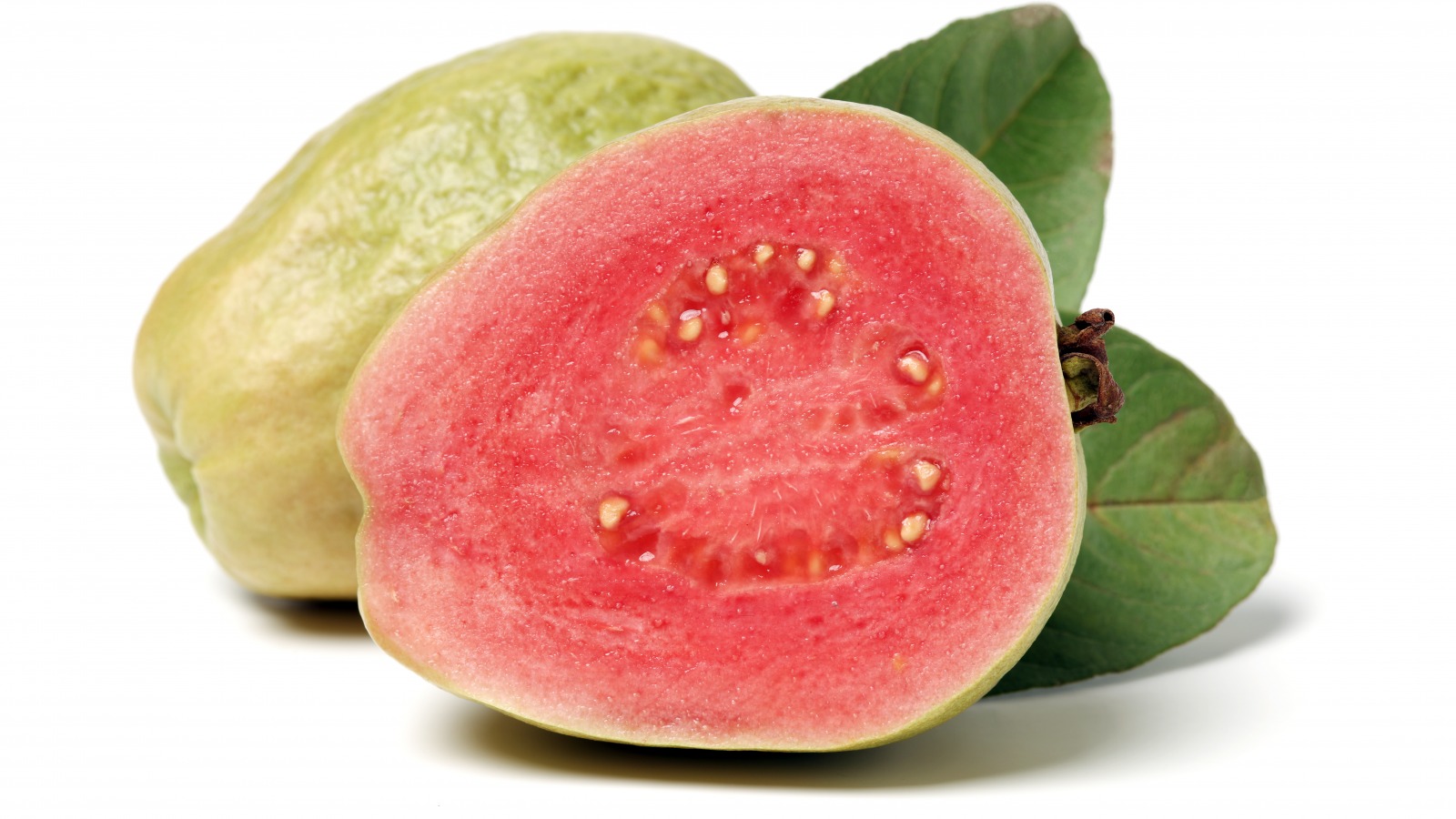

Garden Essentials
Why Are Guava Seeds So Hard
Modified: March 16, 2024
Discover the surprising reason why guava seeds are notoriously difficult to remove and learn how to overcome this challenge in your garden.
(Many of the links in this article redirect to a specific reviewed product. Your purchase of these products through affiliate links helps to generate commission for Storables.com, at no extra cost. Learn more)
Introduction
Guava, known for its delicious taste and distinct aroma, is a tropical fruit that comes with a plethora of health benefits. When enjoying a juicy guava, it’s easy to overlook the small, hard seeds that lie within. However, these seeds play a crucial role in the life cycle of the guava plant.
In this article, we will explore why guava seeds are so hard and delve into their structure, chemical composition, germination challenges, adaptations for survival, and even their culinary uses.
So, let’s get started and uncover the fascinating world of guava seeds!
Key Takeaways:
- Guava seeds are hard due to their tough outer coat and nutrient-rich endosperm, which protect the embryo and ensure survival. They have evolved unique adaptations to overcome germination challenges and have culinary uses too!
- The hardness of guava seeds plays a crucial role in protecting the embryo, preventing premature germination, regulating water absorption, aiding in seed dispersal, and improving storage capabilities. They can also be used in various culinary creations for added flavor and texture.
Read more: Why Is Going Up Stairs So Hard
Structure of Guava Seeds
Guava seeds are tiny, round structures found at the core of the fruit. They vary in color, with shades ranging from white to dark brown, depending on the variety of guava. The size of the seeds can also differ, but on average, they range from 2 to 4 millimeters in diameter.
The outer layer of the guava seed is known as the seed coat or testa. It is hard and durable, providing protection to the delicate embryo within. The seed coat is composed of cellulose, lignin, and hemicellulose, giving it its characteristic toughness.
Beneath the seed coat, there is an inner layer called the endosperm. The endosperm is an energy-rich tissue that provides nourishment for the developing embryo. It contains a high concentration of carbohydrates, fats, proteins, and other essential nutrients.
Within the endosperm lies the embryo, which is the baby guava plant in its earliest stage. The embryo consists of the radicle (embryonic root), hypocotyl (embryonic shoot), and one or two cotyledons (seed leaves).
The structure of guava seeds is designed to protect and ensure the survival of the embryo. The hard seed coat acts as a shield, preventing damage from external factors such as predators, temperature fluctuations, and mechanical stress.
Now that we understand the structure of guava seeds, let’s explore their chemical composition and how it contributes to their hardness.
Chemical Composition of Guava Seeds
The hardness of guava seeds can be attributed to their unique chemical composition. These seeds contain several components that contribute to their toughness and durability.
One of the primary constituents of guava seeds is cellulose, a complex carbohydrate that forms the structural framework of plant cells. Cellulose is highly resistant to degradation and provides rigidity to the seed coat.
In addition to cellulose, guava seeds also contain lignin, a complex polymer that gives plants their strength and rigidity. Lignin acts as a binder, holding the cellulose fibers together and providing further reinforcement to the seed coat.
Furthermore, guava seeds have a high concentration of hemicellulose, another type of complex carbohydrate that adds structural integrity to the seed coat. Hemicellulose acts as a cementing agent, binding the cellulose fibers and lignin together, making the seed coat even more robust.
Aside from these structural components, guava seeds also contain proteins, fats, and oils. These provide an additional layer of protection and nourishment for the developing embryo. The presence of these compounds contributes to the overall hardness and durability of the seeds.
The chemical composition of guava seeds not only contributes to their hardness but also plays a crucial role in seed dispersal and germination. The tough seed coat prevents premature germination and ensures that the seeds can withstand harsh environmental conditions.
Now that we have explored the chemical composition of guava seeds, let’s delve into the challenges these seeds face during germination.
Germination Challenges of Guava Seeds
Germination is the process by which a seed develops into a new plant. While guava seeds have a tough outer layer, they still face several challenges during germination.
One of the primary challenges is water penetration. The hard seed coat acts as a barrier, preventing water from reaching the embryo inside. Water is essential for triggering the germination process, as it activates enzymes and initiates the growth of the embryo. To overcome this hurdle, guava seeds have evolved a mechanism where water can slowly penetrate the seed coat over time, gradually softening it and allowing germination to occur.
Another challenge is seed predation. Guava seeds are a sought-after food source for animals and birds. These animals can crack open the seed coat with their strong beaks or teeth, allowing them to consume the nutritious endosperm within. However, this also poses a threat to the survival of the embryo. To adapt to this challenge, guava seeds have developed a hard seed coat that is resistant to predation, ensuring the embryo has a higher chance of survival.
Temperature and light conditions are also crucial factors for successful germination. Guava seeds require specific temperature ranges and light conditions to initiate germination. If the temperature is too high or too low, or if there is insufficient exposure to light, germination may be delayed or inhibited. These factors ensure that germination occurs under optimal conditions, increasing the chances of the seedling’s survival.
In addition to these challenges, guava seeds also require a suitable soil environment for germination. This includes factors such as proper moisture levels, nutrient availability, and aeration. Without these favorable conditions, the embryo may not be able to develop properly, leading to failed germination.
Despite these challenges, guava seeds have developed unique adaptations to ensure their survival. Let’s explore these adaptations in the next section.
Guava seeds are hard because they have a tough outer coating that protects the seed inside. This allows the seed to survive harsh conditions and helps with dispersal.
Adaptations of Guava Seeds for Survival
Guava seeds have evolved several remarkable adaptations that increase their chances of survival in diverse environments. These adaptations enable the seeds to overcome challenges and successfully germinate into healthy plants. Here are some notable adaptations:
- Hard Seed Coat: The tough and hard seed coat of guava seeds acts as a protective shield, providing defense against predators and physical damage. It prevents premature germination and ensures that the embryo remains safe until the conditions are favorable.
- Delayed Germination: Guava seeds have the ability to delay germination until the environmental conditions are suitable. This delay ensures that the seeds don’t germinate during harsh seasons or unfavorable conditions, increasing the chances of survival for the seedling.
- Water Absorption Mechanism: The seed coat of guava seeds gradually allows water to penetrate over time. This slow water absorption softens the seed coat, triggering the germination process. It also prevents the seeds from absorbing excess water, which could lead to rotting or fungal infections.
- Resistant to Predation: Guava seeds have evolved a tough seed coat that is resistant to predation. This adaptation helps protect the embryo from being consumed by animals or birds. By withstanding external forces, the seeds increase their chances of successful germination and survival.
- Oxygen Exchange: The seed coat of guava seeds allows for proper oxygen exchange, which is crucial for the germination process. Oxygen is necessary for the respiration of the embryo, facilitating the metabolic activities needed for growth and development.
- Optimal Temperature Requirements: Guava seeds have specific temperature requirements for germination. This adaptation ensures that germination occurs under suitable temperature conditions, increasing the likelihood of successful seedling establishment.
These adaptations highlight the remarkable resilience and survival strategies of guava seeds. Despite facing various challenges, guava seeds have found ways to protect themselves and increase their chances of germination and growth into healthy guava plants.
In the next section, we will explore the importance of the hardness of guava seeds and how it contributes to their overall functionality.
Read more: How To Eat Guava Seeds
Importance of Hardness in Guava Seeds
The hardness of guava seeds plays a crucial role in their overall functionality and survival. Here are some important reasons why the hardness of guava seeds is significant:
- Protective Shield: The hard seed coat acts as a protective shield, safeguarding the delicate embryo within from mechanical damage, predators, and environmental stresses. It provides a physical barrier that ensures the embryo remains undamaged until the seed is ready to germinate.
- Prevention of Premature Germination: The tough seed coat prevents premature germination of guava seeds. Premature germination could occur if the seed is exposed to environmental conditions that are unsuitable for growth. By staying dormant until the right conditions arise, guava seeds increase their chances of successful germination and establishment.
- Water Regulation: The hardness of the seed coat regulates the amount of water absorbed by the guava seeds. It allows for a gradual and controlled absorption of water, preventing the seeds from becoming waterlogged and protecting them from fungal infections or rotting.
- Seed Dispersal: Guava seeds rely on various dispersal mechanisms for their survival and propagation. The hardness of the seed coat ensures that the seeds remain intact during dispersal, whether it be through animal consumption or natural means like wind or water. This enables the seeds to reach new locations and expand their distribution range.
- Longevity and Storage: The hard seed coat allows guava seeds to have an extended lifespan and improves their storage capabilities. The toughness of the seed coat helps prevent damage during harvesting, transportation, and storage, ensuring the seeds remain viable for a longer period.
The hardness of guava seeds is a critical adaptation that ensures the protection and successful germination of the embryo. It enables the seeds to withstand harsh conditions, deter predators, and maintain their viability until the environment is favorable for growth.
Now that we have explored the importance of hardness in guava seeds, let’s transition to a different aspect of these seeds – their culinary uses.
Culinary Uses of Guava Seeds
While guava seeds are often overlooked or discarded, they actually have culinary uses and can be incorporated into various dishes and beverages. Here are some creative ways to utilize guava seeds:
- Smoothies and Juices: Guava seeds can add a delightful crunch and texture to smoothies and fresh juices. Simply blend the guava seeds along with the fruit pulp to create a nutritious and refreshing drink.
- Guava Seed Jam: Guava seeds can be used to make a unique and flavorful jam. After extracting the seeds, you can cook them with sugar, lemon juice, and water to create a delicious spread that can be enjoyed on toast, pastries, or even used as a topping for desserts.
- Sprinkle on Salads or Acai Bowls: Toasted guava seeds can be sprinkled on top of salads or acai bowls to add a crunchy element and enhance the overall texture and flavor profile of the dish.
- Baking Ingredient: Ground guava seeds can be used as a baking ingredient, especially in recipes that call for nuts or seeds. They can be used to add a unique nutty flavor and nutritional benefits to cakes, muffins, cookies, and bread.
- Food Garnish: Guava seeds can be used as a visually appealing garnish for various dishes. Their small size and interesting appearance make them a great finishing touch that adds both aesthetic appeal and a subtle crunch.
- Infusions and Teas: Guava seeds can be infused in hot water to create a flavorful tea or herbal infusion. This can be enjoyed both hot or cold and can be combined with other herbs or fruits for a more complex flavor profile.
It’s important to note that guava seeds have a distinct taste, similar to the flavor of the guava fruit itself. They provide a unique texture and nuttiness that can enhance the culinary experience.
Next time you enjoy a guava, consider these creative ways to incorporate the seeds into your recipes to minimize waste and add an exciting twist to your culinary endeavors.
Now that we have explored the culinary possibilities of guava seeds, let’s conclude our article with a brief summary.
Conclusion
Guava seeds may be small and often overlooked, but they play a significant role in the life cycle of the guava plant. Their hardness and unique adaptations make them essential for the survival and propagation of the species.
We explored the structure of guava seeds, with their tough outer seed coat and nutrient-rich endosperm. The chemical composition of guava seeds, including cellulose, lignin, and hemicellulose, contributes to their hardness and durability.
Germination challenges, such as water penetration, predation, temperature, and light requirements, were discussed. Guava seeds have evolved mechanisms to overcome these challenges, ensuring successful germination under favorable conditions.
The importance of the hardness of guava seeds was highlighted, with its role in offering protection, preventing premature germination, regulating water absorption, aiding in seed dispersal, and improving storage capabilities.
Furthermore, guava seeds have culinary uses and can be incorporated into various dishes and beverages. From smoothies and jams to baking and food garnishes, guava seeds add a unique flavor and texture to culinary creations.
In conclusion, guava seeds are not just tiny specks within the fruit; they are fascinating entities with a remarkable story to tell. Their structure, adaptations, and culinary potential provide insight into the complexity of nature and the ways in which plants ensure their survival.
So the next time you indulge in the deliciousness of a guava, take a moment to acknowledge the tiny but mighty seeds that make it all possible.
Frequently Asked Questions about Why Are Guava Seeds So Hard
Was this page helpful?
At Storables.com, we guarantee accurate and reliable information. Our content, validated by Expert Board Contributors, is crafted following stringent Editorial Policies. We're committed to providing you with well-researched, expert-backed insights for all your informational needs.
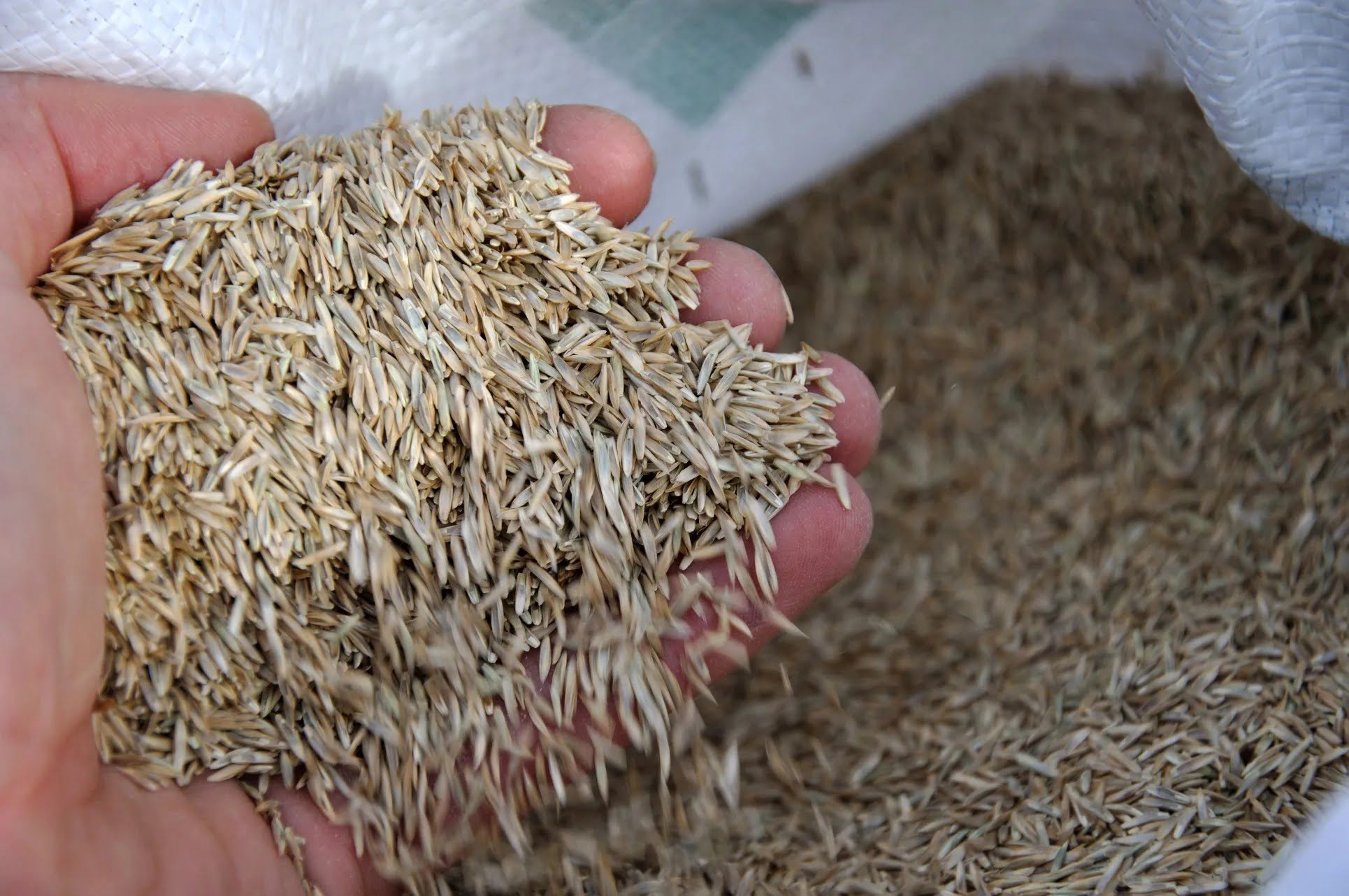

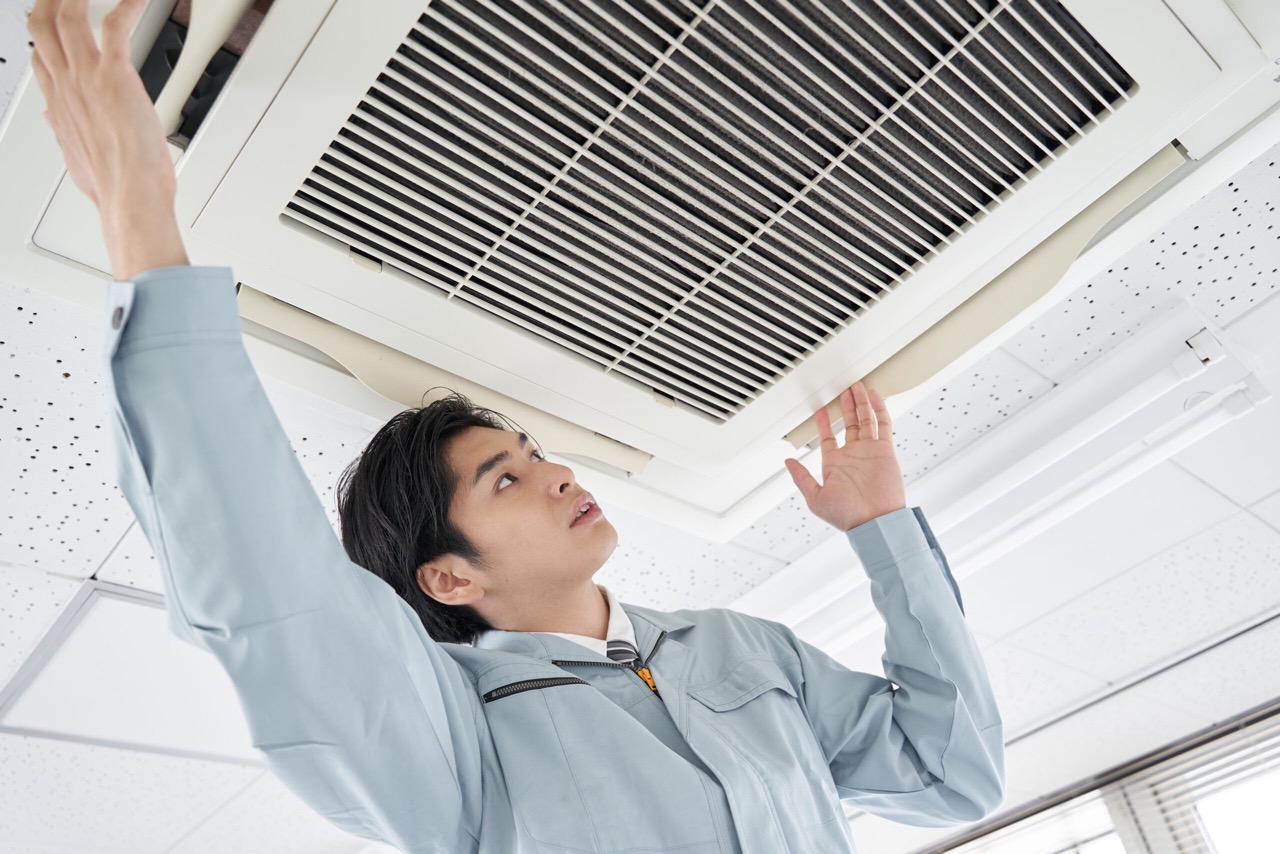
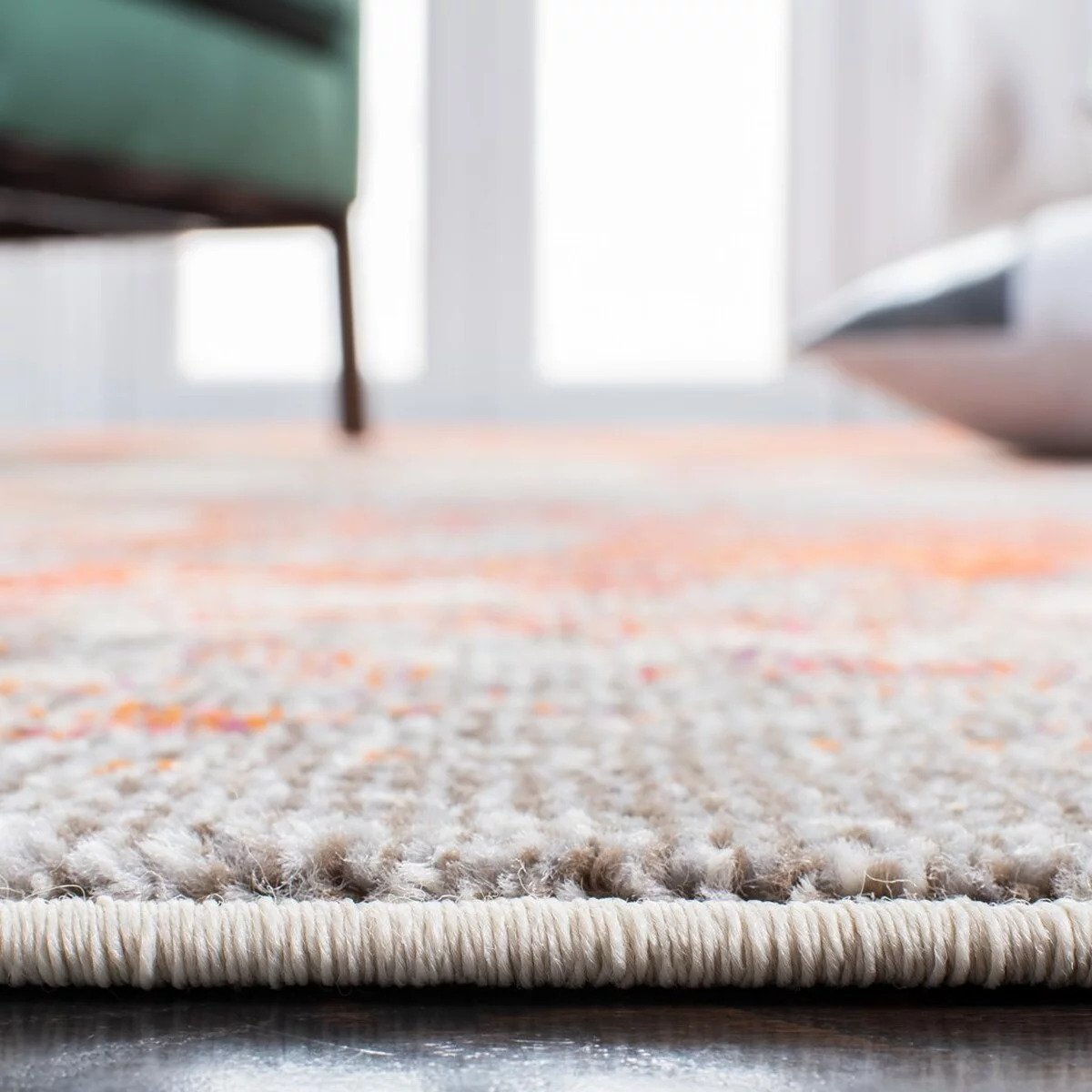
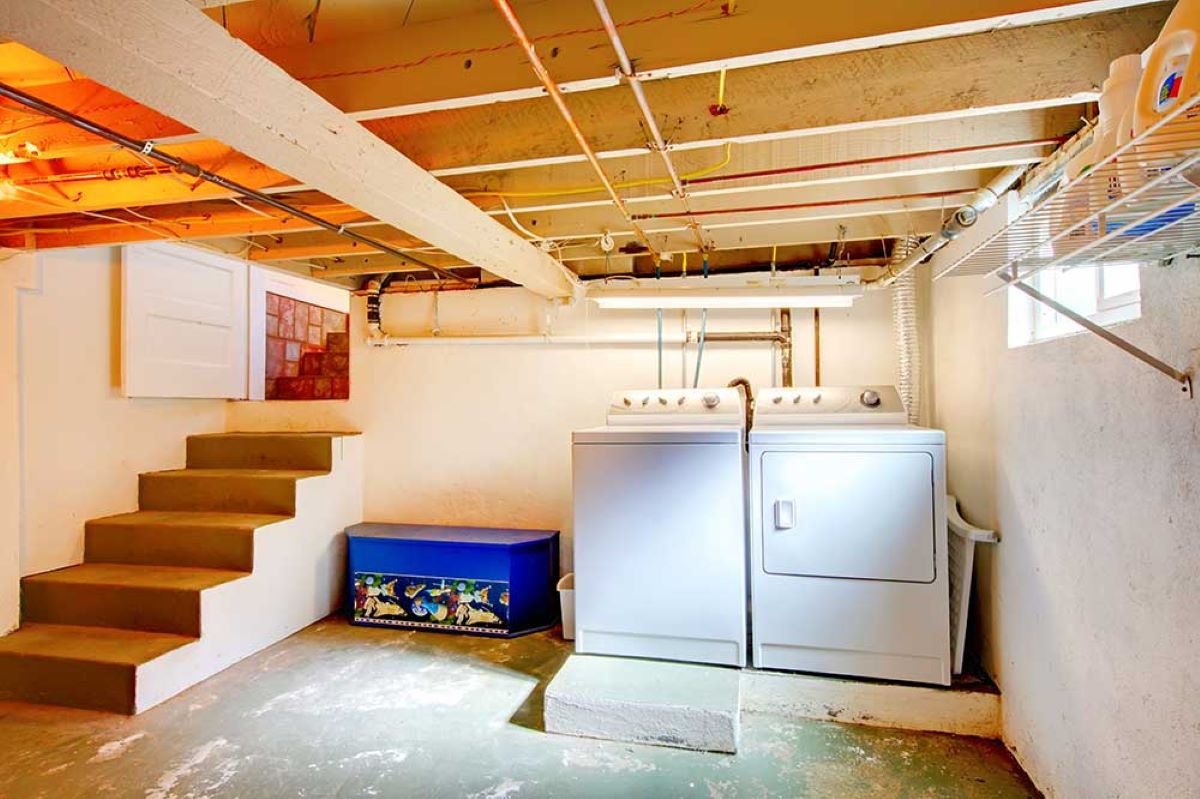

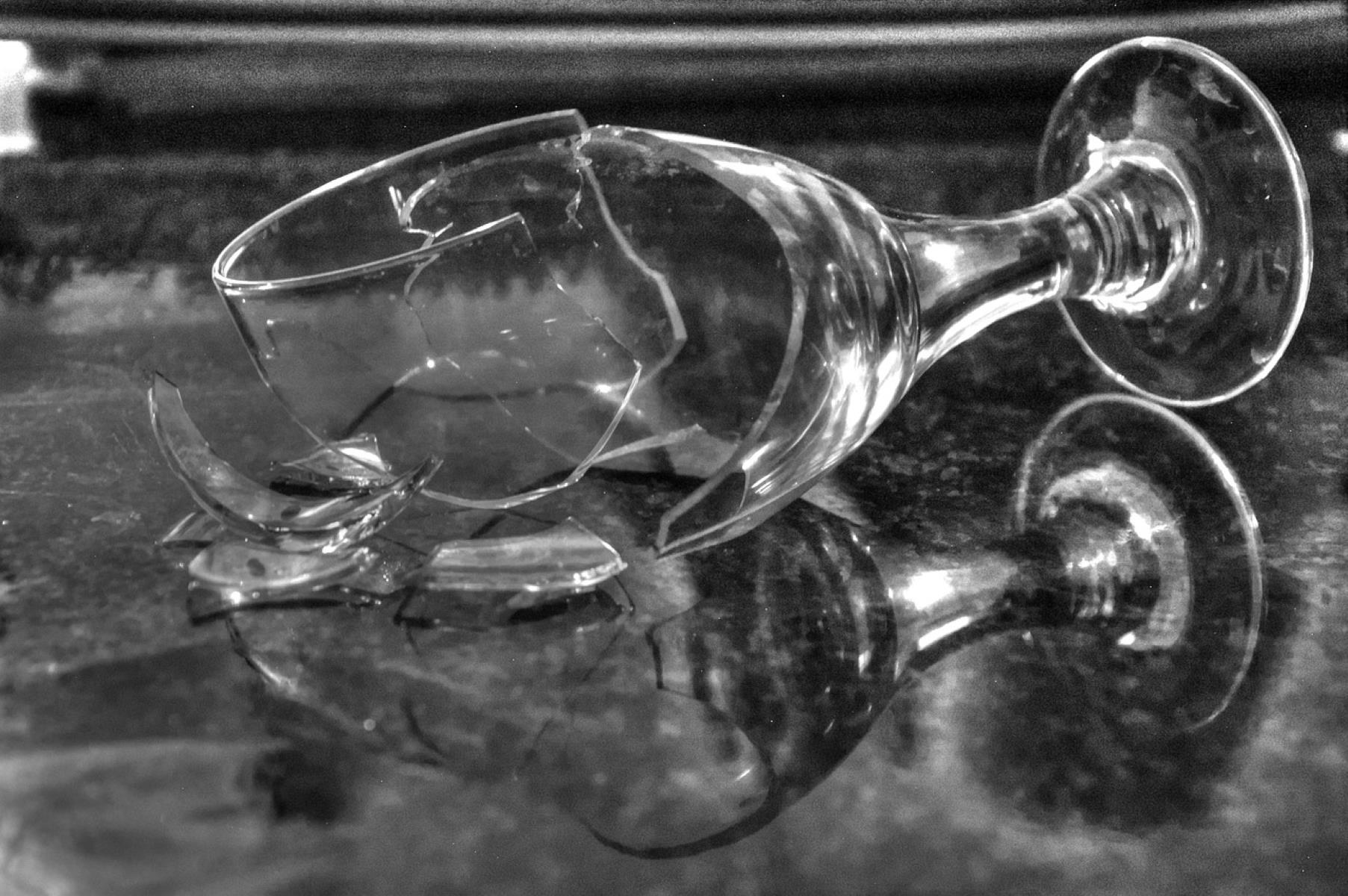


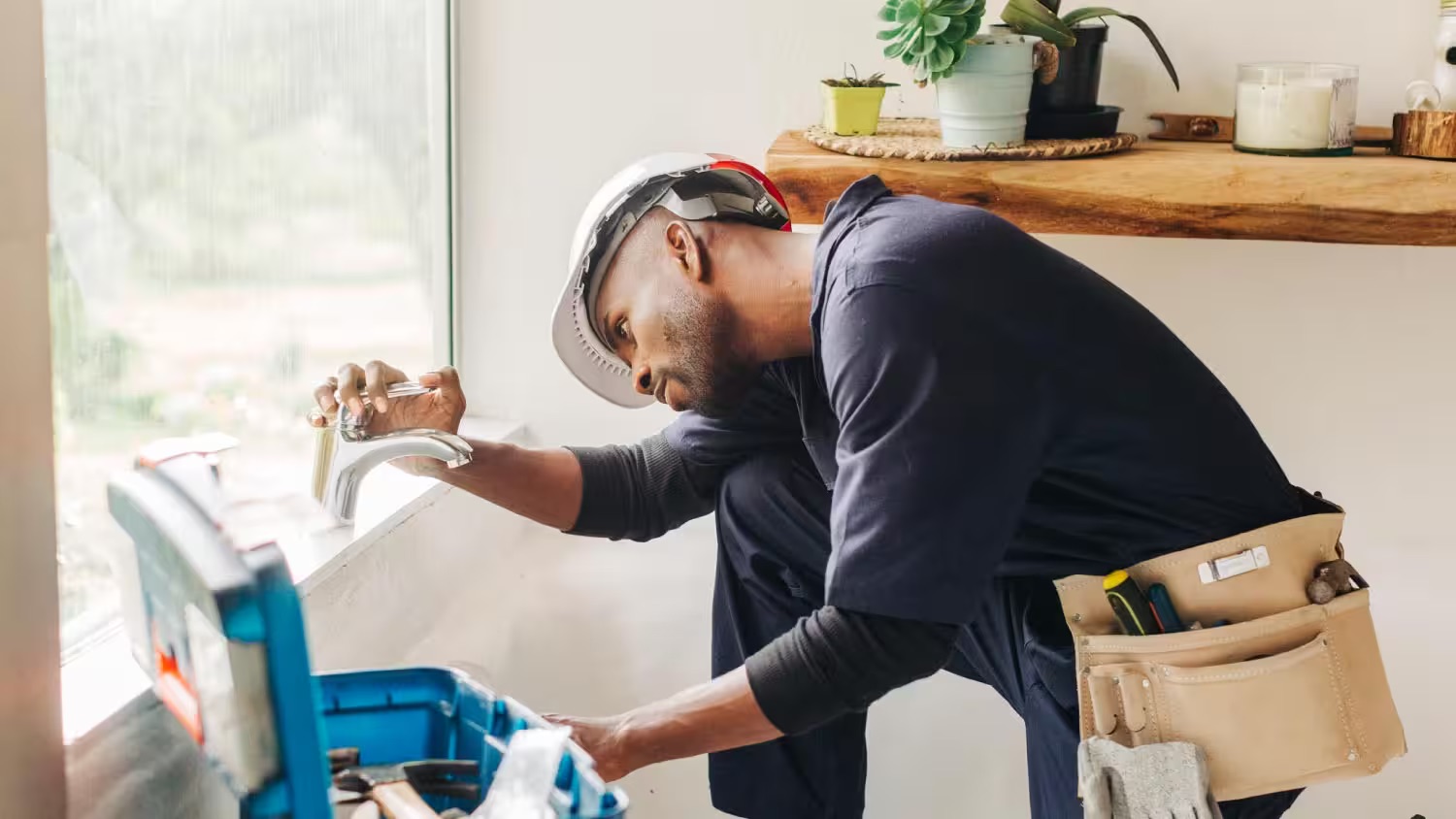

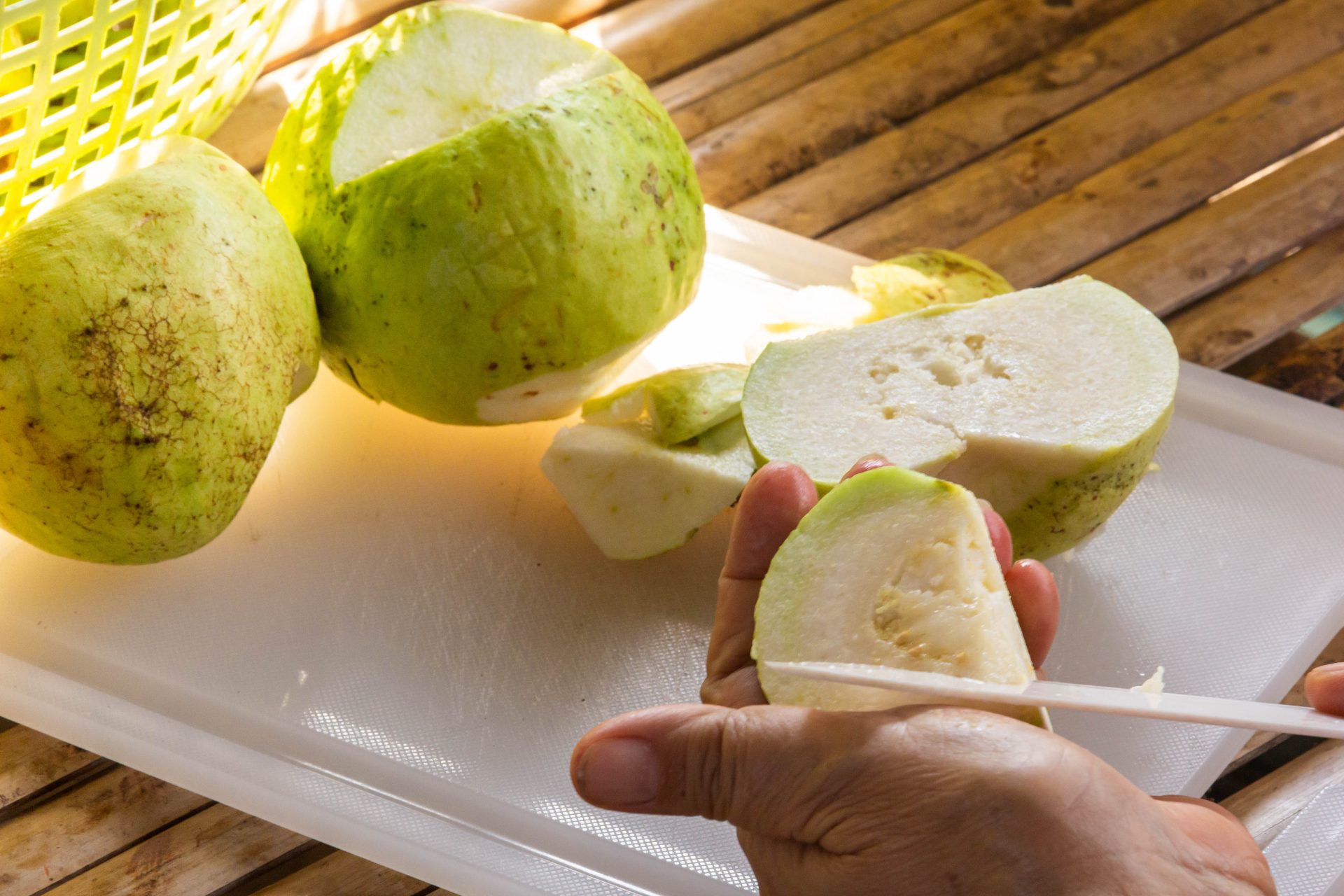

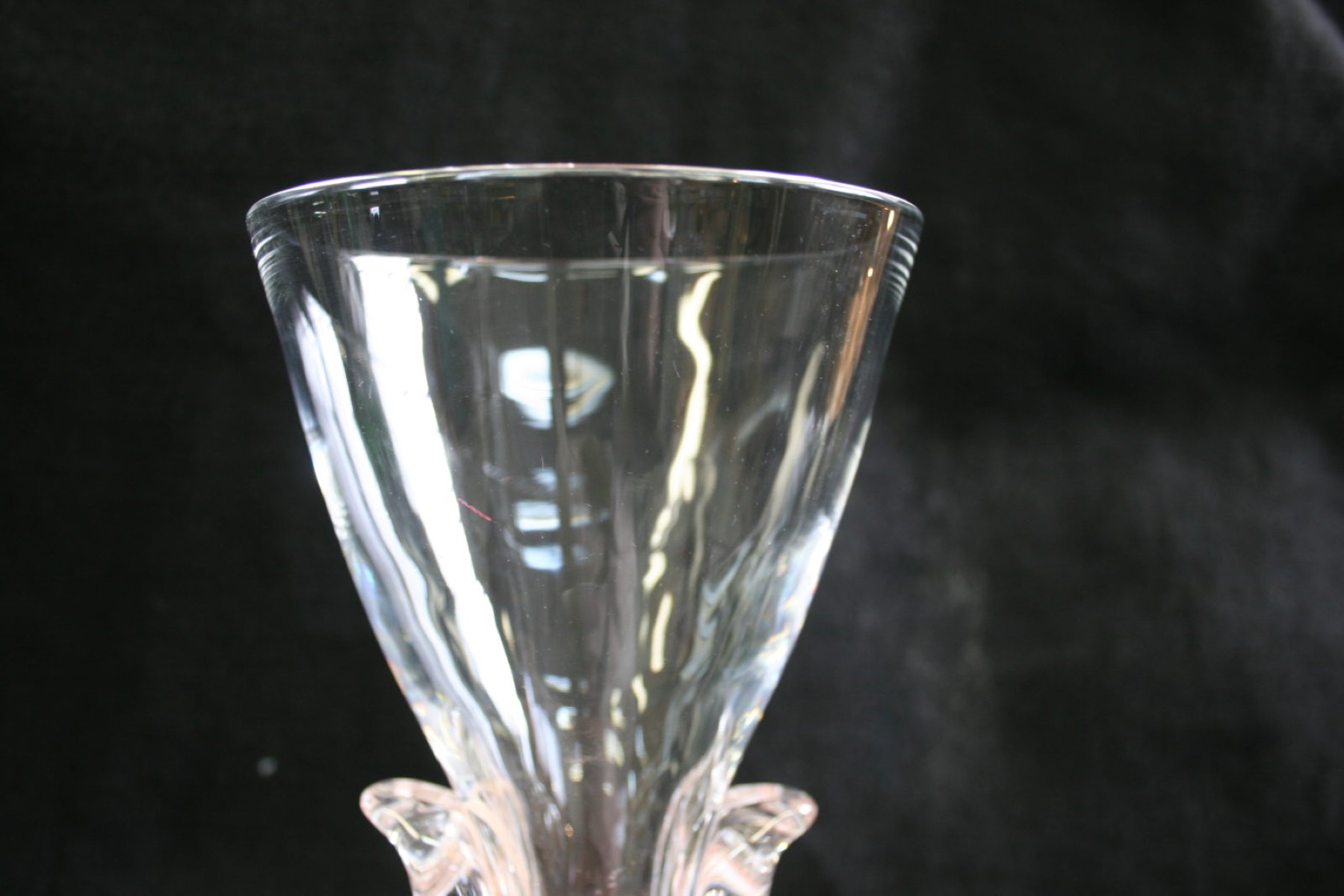

0 thoughts on “Why Are Guava Seeds So Hard”